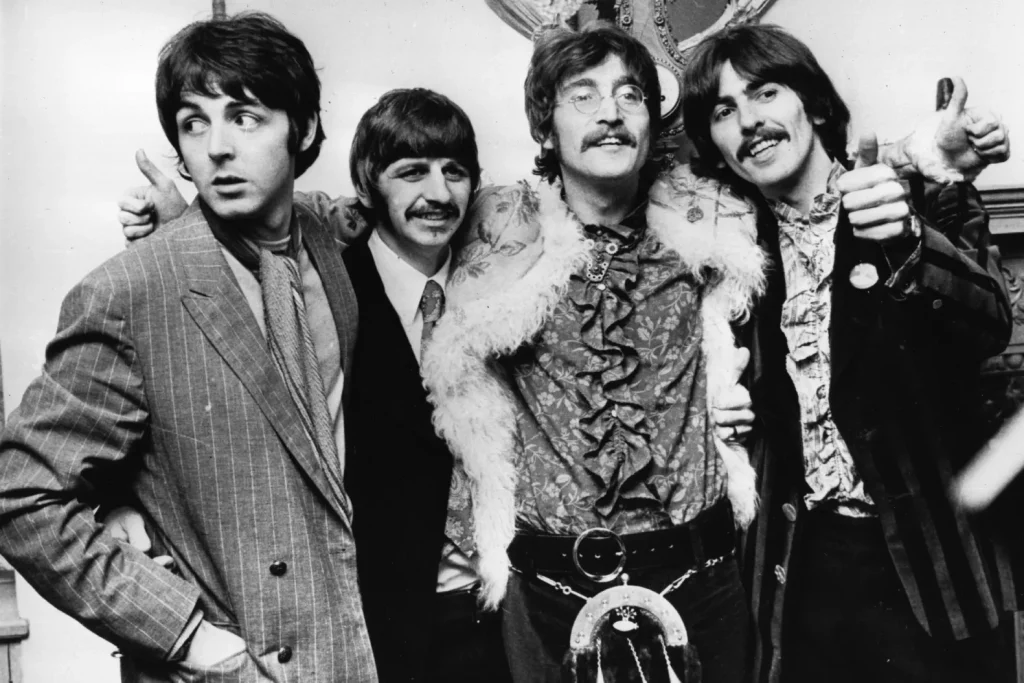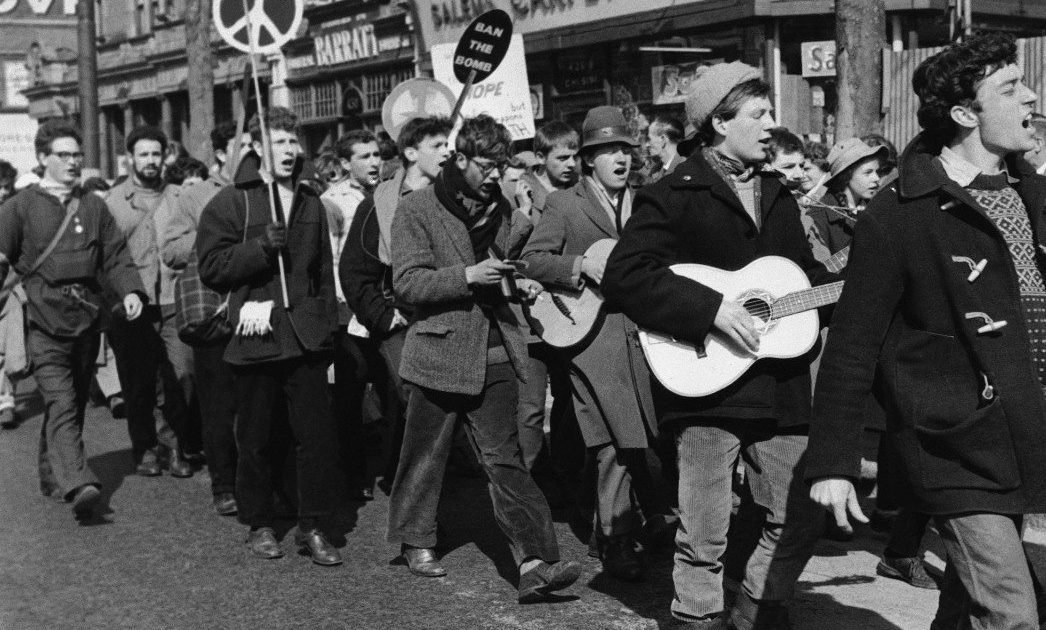Rock music has played a significant role in shaping social and political change throughout history. Its powerful lyrics, energetic sound, and rebellious spirit have resonated with generations, inspiring movements and sparking conversations on important issues.
In this article, we will explore the historical significance of rock music, its role as a form of protest, its impact on youth culture and political movements, controversies surrounding the genre, and its evolving relationship with social change.
Introduction
Rock music, characterized by its electric guitars, driving beats, and passionate vocals, emerged in the mid-20th century. It quickly gained popularity as a vibrant and dynamic genre that broke away from the traditional musical conventions of its time.
Concurrently, society was undergoing profound social and political changes, and rock music became an avenue for expressing dissent, voicing grievances, and inspiring unity.
Historical Significance of Rock Music
We must look at rock music’s historical relevance in order to comprehend its role in social and political development. Rock music’s roots may be found in the merging of several musical genres, such as gospel, country, and rhythm & blues.
Pioneering performers like Little Richard, Chuck Berry, and Elvis Presley popularized this new sound and enthralled crowds with their spectacular performances.
An era of significant social transformation, including the civil rights movement, the anti-war movement, and the struggle for gender equality, occurred at the same time as the birth of rock music. Musicians like Bob Dylan, The Beatles, and Joan Baez utilized their songs to express social issues and to demand equality and justice.
Rock Music as a Form of Protest
The capacity of rock music to function as a form of protest is one of the most important contributions it has made to social and political change. Rock musicians frequently address social and political topics in their lyrics, giving voice to underrepresented groups and questioning the existing quo. John Lennon’s “Give Peace a Chance” and Bob Dylan’s “Blowin’ in the Wind” are two examples of songs that became anthems for peace and justice.
Rock music’s lyrics and sentiments have the ability to spark movements and inspire change. Fearlessly tackling topics like poverty, injustice, and violations of human rights, musicians like Bruce Springsteen, U2, and Rage Against the Machine have inspired their fan bases to take action.
Rock Music and Youth Culture

Rock music has long been intertwined with youth culture, influencing fashion, attitudes, and rebellion. From the leather jackets and pompadours of the rock ‘n’ roll era to the long hair and tie-dye shirts of the counterculture movement, rock music has shaped the aesthetic and identity of generations.
The raw energy and rebellious spirit of rock music resonated with young people seeking an outlet for their frustrations and aspirations. It became a symbol of freedom and a means of expressing individuality. The lyrics and themes in rock songs often spoke directly to the experiences and emotions of young listeners, providing a sense of camaraderie and understanding.
Moreover, rock music played a vital role in the formation of youth movements. The Woodstock Festival in 1969, with its lineup of iconic rock acts, became a gathering place for like-minded individuals who believed in peace, love, and social change. These festivals served as platforms for spreading messages of unity and challenging the establishment.
Rock Music and Political Movements
Beyond its influence on youth culture, rock music has also been closely associated with political movements. Many rock musicians have used their platform and influence to champion political causes, raise awareness, and inspire activism. Their music became a rallying cry for those seeking to challenge injustice and effect positive change.
Artists like Bob Marley, known for his reggae-infused protest songs, and Bob Dylan, the voice of the civil rights movement, used their music to give voice to the marginalized and oppressed. Their lyrics delved into themes of inequality, racism, and social justice, igniting a sense of urgency and solidarity among their listeners.
Furthermore, rock musicians themselves have taken on the role of activists, using their fame and platform to advocate for specific causes. Whether it’s Bono’s campaigns against poverty and AIDS, or Bruce Springsteen’s support for the working class, these musicians have leveraged their popularity to amplify important messages and generate support for social and political movements.
Controversies and Backlash

Rock music has had a significant impact on social and political development, but it has also faced controversy and criticism. Conflicts with conservative organizations and authorities have frequently resulted from the genre’s rebellious character, a study of forbidden issues, and controversial imagery.
Rock albums that have been thought to be excessively graphic or subversive have been given censorship and parental advisory labels, igniting discussions over free speech and artistic expression. A wave of censoring and labeling of records containing explicit content occurred in the 1980s as a result of the establishment of the Parents Music Resource Center (PMRC), which some people saw as an attack on creative freedom.
Rock music has frequently come under fire from conservative and religious groups for what they believe to be its harmful impact on young people, linking it to defiance, drug use, and immorality. Rock music has persisted despite these difficulties, continuing to question cultural conventions and provide marginalized people a voice.
Evolution of Rock Music and Social Change

Over the years, rock music has evolved and diversified, reflecting the changing themes and issues of society. It has embraced different genres, incorporated new influences, and welcomed diverse perspectives. This evolution has allowed rock music to remain relevant and continue to drive social change.
The advent of technology, particularly the internet and social media, has revolutionized the way music is disseminated and consumed. It has provided a platform for independent artists and grassroots movements to reach a global audience, facilitating the spread of messages and ideas.
Rock music still addresses a wide range of social and political themes today, such as systematic inequality, mental health, and climate change. Artists like Greta Van Fleet, Hozier, and 1975 are utilizing their music to address these urgent issues and motivate their audiences to act.
Read Also:
How Rock and Roll Changed the World: The Emotive Journey of Music
